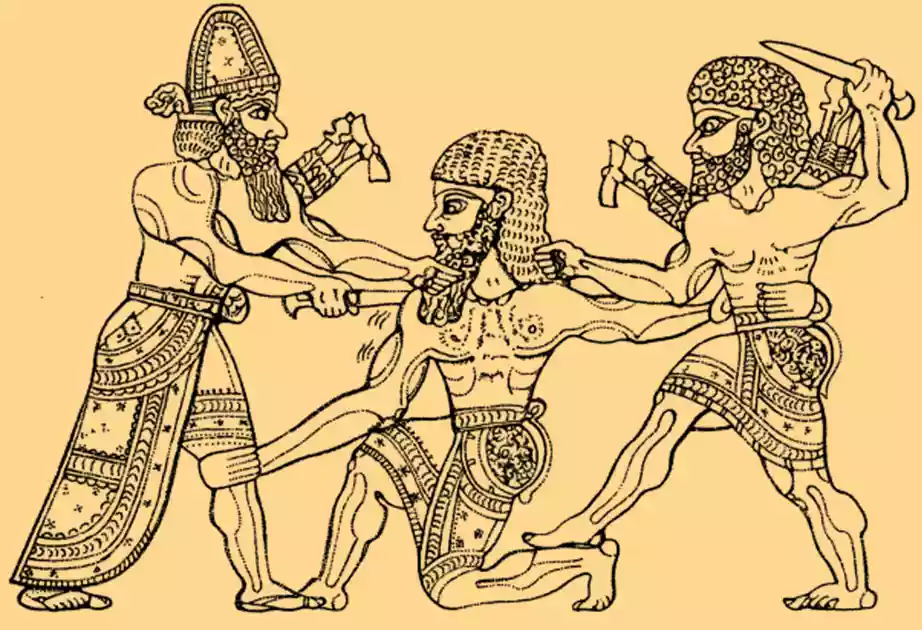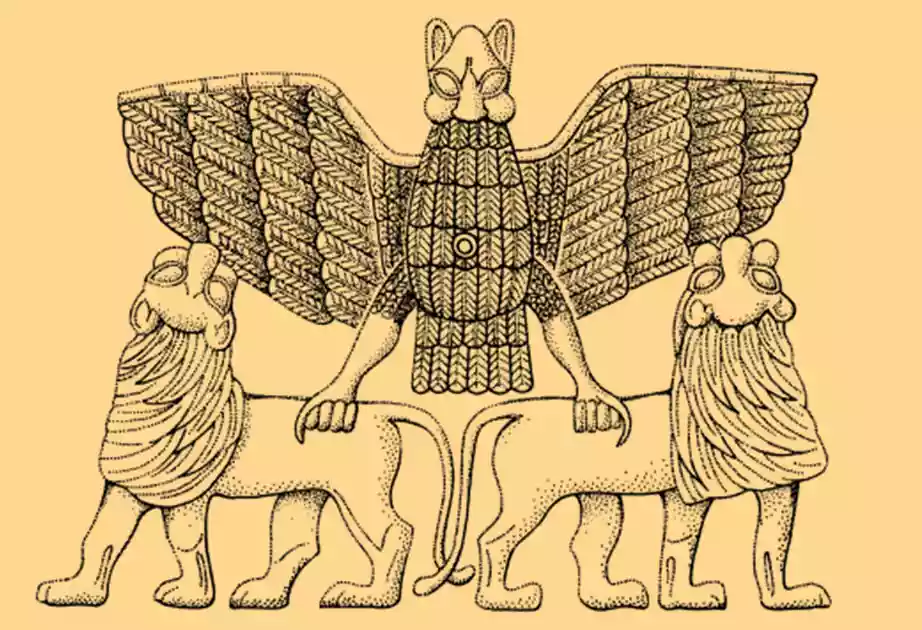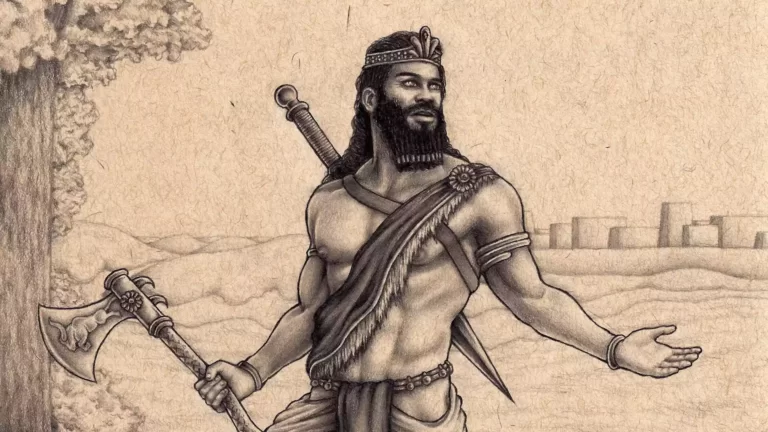The History of Gilgamesh: The Epic of Gilgamesh
In The History of Gilgamesh, King Gilgamesh of Uruk is described as two-thirds god and one-third man. One of Gilgamesh’s sons, Urlugal, inherited his mother’s human features and was shunned by his father; this story gives us the meaning behind the word changeling when used to describe a child that doesn’t look like its parents or siblings.
The Epic of Gilgamesh

Gilgamesh is an epic poem that was recorded in ancient Mesopotamia, telling the mythic story of a great king. It is often called the first novel. It is written on twelve clay tablets and probably dates to the 18th century BC. This story begins with Gilgamesh King of Uruk, known as an oppressive tyrant, who has angered the gods through his cruelty and tyranny over his people. The gods create Enkidu to challenge him.
They become friends and undertake quests together; gradually Enkidu becomes enlightened from living with a righteous man despite being an uncivilized fellow themselves. But because he is created from dust (earth) rather than natural born into it like people, after death he does not go to Dilmun, paradise for mortals. He goes instead to the underworld where he is reunited with his friend Gilgamesh. At this point, they realize they are both mortal beings subject to death and worry about their own mortality.
Gilgamesh wants to find the secret of eternal life so he can be remembered forever. His quest takes him through difficult trials until eventually Utnapishtim tells him that immortality can only be attained by staying awake for six days and seven nights, which Gilgamesh cannot do. Finally, at one point during his journey back home, Utnapishtim shares with Gilgamesh how a great flood had once swept over humanity so devastating everything but those on the boat.
Utnapishtim tells him how humanity had since multiplied again to repopulate the earth before going on to tell Gilgamesh how he survived the flood by building a boat and taking animals onboard so as not to have them drown in front of humans. Before the Great Flood all living things were spoken aloud to Utnapishtim and instructed to get onto the boat, but now animals must be coaxed onto the boat or else refused passage. After some time, the rest of humanity emerges from the other side of Mount Ararat and sees what appears to be land and rejoices. But when they reach land, they see that there is nothing there-no food or water-only mudflats stretching out as far as they could see.
Utnapishtim warns them not to leave but just then a bright light shines down and bids them farewell for coming all this way looking for something better when all along everything had been here with them. In the epic of Gilgamesh, it talks about how men always want more than they already have and will never be satisfied. Even though men live eternally they will still always want more no matter what happens in their lives.
Who was Gilgamesh?

Gilgamesh was the mythological hero king of Uruk in Sumerian legend. He is a central character in the second half of the Babylonian version of The Epic of Gilgamesh. Gilgamesh, the king of Uruk, was two-thirds divine and arrogant in his strength so the gods created Enkidu to be a comrade equal to him in both strength and arrogance.
Upon first meeting, they furiously battled against each other, then eventually became very close companions and together set out to kill Humbaba, the great evil. Later, the goddess Ishtar saw Gilgamesh’s great beauty and begged for him to marry her, but he refused. Furious, she demanded that her father Anu send a Bull of Heaven to destroy Gilgamesh’s home. But then Gilgamesh and Enkidu managed to hit it, the gods decided one of the heroes had to pay and Enkidu fell ill and died. Grief-stricken, Gilgamesh sought out Utnapishtim, the first man and ancestor of mankind, to find out why we must all die. After searching beyond the bounds of the earth, he came across a plant that restored the old man’s youth. In addition, as he stopped to drink from a pool one day, a snake devoured the plant. This is why snakes shed their skin and why they’re considered young again. Men, on the other hand, age and die.
What does Gilgamesh teach us about life?
Gilgamesh teaches us many things, but the most important is that life isn’t always fair. Even when you do everything right, bad things can happen. The only way to avoid this is to live in denial and be happy with what you have now. Living in the moment and trying your best are what matter most when living a meaningful life, not success or power.
How did Gilgamesh die?

The death of Gilgamesh is not revealed to the reader, but we can assume he died in combat. Scholars debate the true relationship between The Epic of Gilgamesh and the Bible’s Book of Genesis.
In The Epic, man is cursed for being unable to measure up to a single god (rather than having both sets). This means that every time a human tries something and fails, they have cursed themselves and humanity, making them equal with the beasts.
It is possible that while this story was taking place after the events in Genesis that these are merely echoes or memories from an old tradition passed down through generations.
How did King Gilgamesh come to power?
King Gilgamesh had a guardian named Urshanabi who led him to the cedar forest, where a boat was made out of clay and reeds. They set off on the boat to see Utnapishtim in search for the secret of immortality. King Utnapishtim is an ancient king like Gilgamesh who has been granted eternal life by The Gods, but he has grown weary and wants to share his knowledge with his kin. The gods then warned utnapishtim about gilameshs plan, so utnapishtim told Urshanabi not to give King Gilgamesh anything from the lotus trees.
Next Article : Baba Guru Nanak and his Life Teachings (1469-1538) AD
